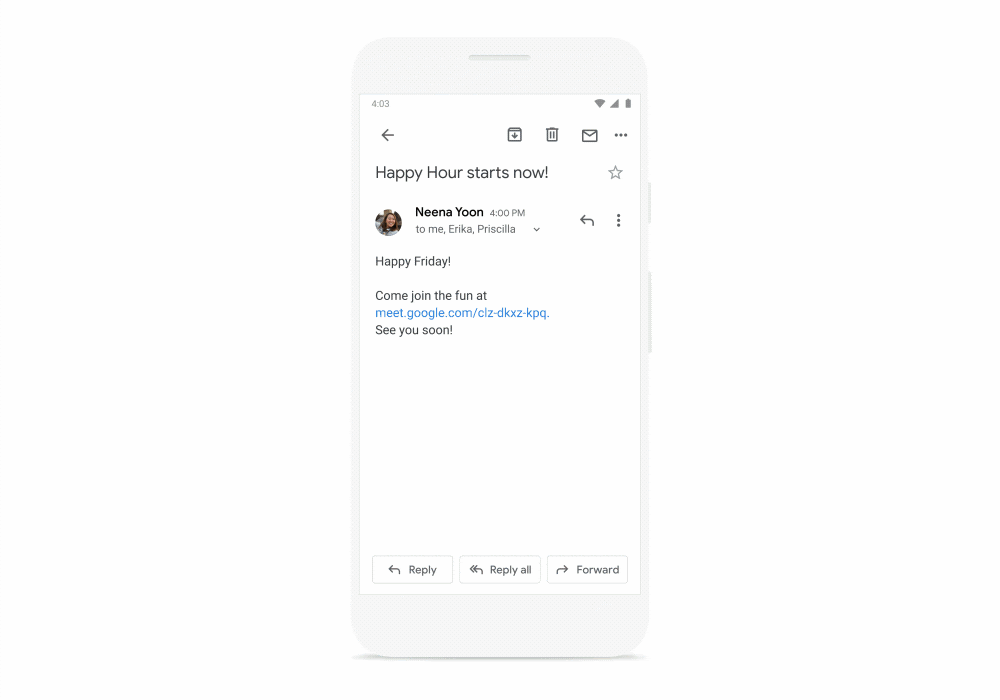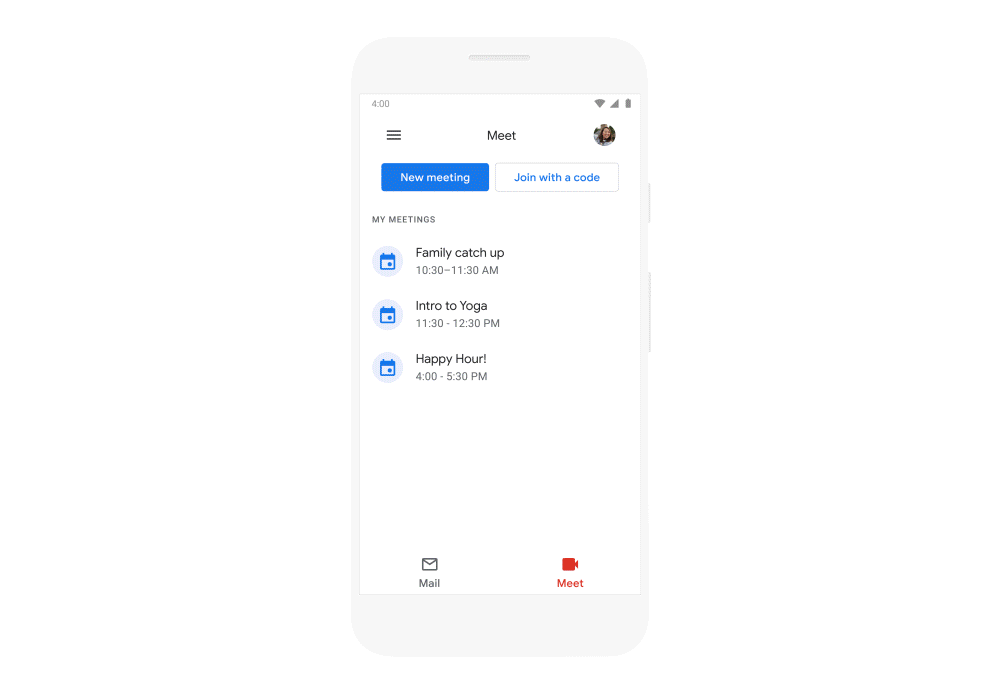Apple is under formal investigation by antitrust regulators in European Union — following a number of complaints related to how it operates the iOS App Store and also its payment offering, Apple Pay.
The Commission said today that it has concerns that conditions and restrictions applied by the tech giant may be distorting competition in a number of areas, following a preliminary probe of the issues.
Back in March 2019, European music streaming service Spotify filed an antitrust complaint against Apple — railing very publicly against what it dubbed an “Apple tax”; aka the 30% tariff the tech giant applies on accepting payments in apps on its App Store. Spotify also accused Apple of impeding its business by applying arbitrary rules — such as making it harder to offer its own users discounts.
The Commission confirmed today that it’s looking formally into whether Apple’s rules for app developers on the distribution of apps via the App Store violate EU competition rules. It said the probe focuses on Apple’s mandatory requirement that app developers use its own proprietary in-app purchase system, as well as restrictions applied on the ability of developers to inform iPhone and iPad users of alternative cheaper purchasing possibilities outside of apps.
As well as the very public complaint from Spotify, the Commission has received a similar complaint from an unnamed e-book/audiobook distributor related to the impact of the App Store rules on competition.
Two specific restrictions imposed by Apple in its agreements with companies that wish to distribute apps to users of Apple devices will be investigated, per the Commission — namely [emphasis its]:
(i) The mandatory use of Apple’s own proprietary in-app purchase system “IAP” for the distribution of paid digital content. Apple charges app developers a 30% commission on all subscription fees through IAP.
(ii) Restrictions on the ability of developers to inform users of alternative purchasing possibilities outside of apps. While Apple allows users to consume content such as music, e-books and audiobooks purchased elsewhere (e.g. on the website of the app developer) also in the app, its rules prevent developers from informing users about such purchasing possibilities, which are usually cheaper.
“Following a preliminary investigation the Commission has concerns that Apple’s restrictions may distort competition for music streaming services on Apple’s devices,” it writes in a press release. “Apple’s competitors have either decided to disable the in-app subscription possibility altogether or have raised their subscription prices in the app and passed on Apple’s fee to consumers.
“In both cases, they were not allowed to inform users about alternative subscription possibilities outside of the app. The IAP obligation also appears to give Apple full control over the relationship with customers of its competitors subscribing in the app, thus dis-intermediating its competitors from important customer data while Apple may obtain valuable data about the activities and offers of its competitors.”
Commenting in a statement, Commission EVP Margrethe Vestager — who heads up competition policy for the bloc — added: “Mobile applications have fundamentally changed the way we access content. Apple sets the rules for the distribution of apps to users of iPhones and iPads. It appears that Apple obtained a ‘gatekeeper’ role when it comes to the distribution of apps and content to users of Apple’s popular devices. We need to ensure that Apple’s rules do not distort competition in markets where Apple is competing with other app developers, for example with its music streaming service Apple Music or with Apple Books. I have therefore decided to take a close look at Apple’s App Store rules and their compliance with EU competition rules.”
Vestager’s reference to a “gatekeeper” role has specific significance as the Commission is currently consulting on updating regulations for digital platforms — including floating the possibility of ex ante regulation for platforms deemed to be gatekeepers vis-a-vis other suppliers. (In parallel, the Commission is consulting on updates to competition law that may allow it to intervene more swiftly in future, in instances where it suspects digital markets have ‘tipped’.)
Spotify welcomed the Commission’s action, writing in a statement:
Today is a good day for consumers, Spotify and other app developers across Europe and around the world. Apple’s anticompetitive behavior has intentionally disadvantaged competitors, created an unlevel playing field, and deprived consumers of meaningful choice for far too long. We welcome the European Commission’s decision to formally investigate Apple, and hope they’ll act with urgency to ensure fair competition on the iOS platform for all participants in the digital economy.
On Apple Pay, the Commission said a formal investigation of how it operates the payment tech will look at the “terms, conditions and other measures” Apple applies for integrating the payment solution in merchant apps and websites on iPhones and iPads; Apple’s limitation of access to the NFC functionality on iPhones for payments in stores; and allegations of “refusals of access to Apple Pay”.
Following a preliminary probe, the Commission said it is concerned Apple’s processes “may distort competition and reduce choice and innovation”.
It also notes that Apple Pay is the only mobile payment solution that is allowed to access NFC technology on iOS devices for making payments in stores.
“The investigation will also focus on alleged restrictions of access to Apple Pay for specific products of rivals on iOS and iPadOS smart mobile devices,” it added.
The Commission said it will carry out the investigations “as a matter of priority”, but there’s no set timeframe for how long this process might take.
EU antitrust investigations have tended to take a number of years from an announcement of a formal probe to a decision being reached. (Although, in an ongoing investigation against Broadcom, Vestager recently dusted off a tool to accelerate regulatory intervention — but as yet there’s no formal ‘statement of objections’ against Apple so it remains to be seen how this case will proceed, and whether regulators may seek to speed up any intervention.)
Reached for comment on the Commission’s announcement of the two antitrust investigations, Apple dubbed the complaints “baseless” — choosing to throw shade on the complainants by claiming these companies are after “a free ride, and don’t want to play by the same rules as everyone else”.
Here’s Apple’s statement on the two investigations in full:
Throughout our history, Apple has created groundbreaking new products and services in some of the most fiercely competitive markets in the world. We follow the law in everything we do and we embrace competition at every stage because we believe it pushes us to deliver even better results.
We developed the App Store with two goals in mind: that it be a safe and trusted place for customers to discover and download apps, and a great business opportunity for entrepreneurs and developers. We’re deeply proud of the countless developers who’ve innovated and found success through our platform. And as we’ve grown together, we’ve continued to deliver innovative new services — like Apple Pay — that provide the very best customer experience while meeting industry-leading standards for privacy and security.
It’s disappointing the European Commission is advancing baseless complaints from a handful of companies who simply want a free ride, and don’t want to play by the same rules as everyone else. We don’t think that’s right — we want to maintain a level playing field where anyone with determination and a great idea can succeed.
At the end of the day, our goal is simple: for our customers to have access to the best app or service of their choice, in a safe and secure environment. We welcome the opportunity to show the European Commission all we’ve done to make that goal a reality.
Apple has had a number of run-ins with EU regulators over the years — including a probe of its acquisition of Shazam (which was later cleared); a major investigation of ebook pricing; and a probe of tax benefits in Ireland which saw it on the hook for $15BN.
French competition regulators also recently fined the tech giant $1.2BN for anti-competitive sales tactics. It’s also been fined $27M by French regulators this year for throttling old iPhones.
This report was updated with comment from Spotify

from Apple – TechCrunch https://ift.tt/3htRyGe


